The Burly All-Terrain Wheelchairs Rolling Across Oregon’s Beaches
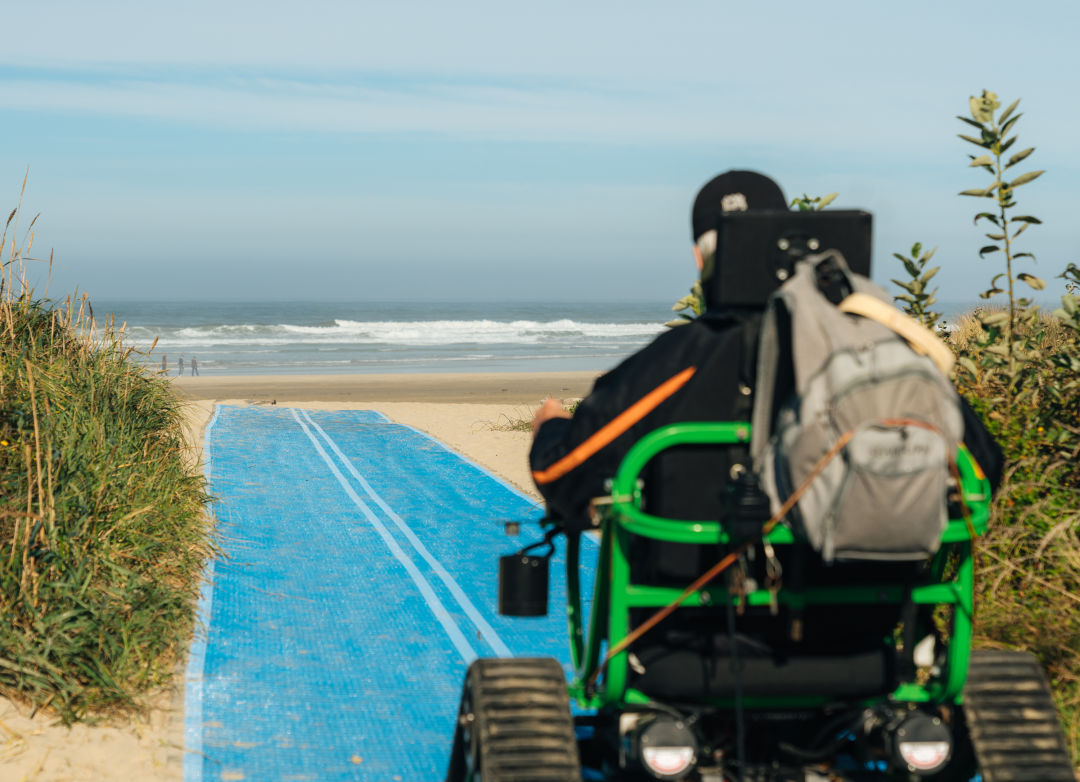
David’s Chair supplies coastal towns with all-terrain track chairs to help make Oregon’s beaches more accessible.
On a sunny morning at Heceta Beach in Florence, a sturdy, clover green chair with bulldozer-worthy tires crawls along, its treads etching chevron-shaped patterns into the wet sand. Bundled under a blanket in the seat is Jim Novitsky, gripping a frisbee with both hands. It takes him a minute to let go, and the disc wobbles and sails just a few feet. But for Novitsky, who was diagnosed in 2020 with a rare neurological disease, it’s these moments that keep him going.
“I feel at home being by the ocean,” says Novitsky, speeding across the beach. A dedicated amateur geologist and geographer, he likes the breeze on his face and keeps an anemometer in his backpack to measure the wind’s speed. “I look forward to Sundays.”
Sundays are when Jim and Jean Novitsky, his wife of 50 years, leave their home in Eugene for the Oregon Coast, where they have a standing date with one of these electric all-terrain track chairs. The green one is named Kermit. Borrowed from an Oregon nonprofit called David’s Chair, the chair gives Jim freedom to roam independently, Jean a break from caretaking, and the two of them a sense of normalcy. Before Jim’s diagnosis, the two would hike every weekend.
Jean returns the frisbee, then chases her husband toward the surf. Unlike when he used a walker or cane, she doesn’t worry about him getting hurt. “It’s been our salvation,” she says.
Since its founding in 2017, hundreds of people like Jim have used David’s Chair to enjoy the beach at zero cost. The nonprofit is named after David Hartrick, an avid outdoorsman from Medford. After being diagnosed with ALS, Hartrick worked with friends to raise $20,000 to purchase a track chair, which he used on fishing trips to the southern Oregon Coast. Hartrick died 11 months after his diagnosis, and his final wish was that other people would be able to use the chair, too. His friends and family started the organization in his honor.
Over the past three years, David’s Chair has grown from a single chair in Medford to 23 chairs at 17 locations. Most sites in Oregon are along the coast, including in Netarts, Manzanita, Seaside, Newport, and Pacific City. A few chairs are inland; Eugene’s Mount Pisgah Arboretum has two and Ashland’s Lithia Park has one. Washington, Nevada, California, and Texas each have a site. A few spots offer a towing option that allow users to borrow a chair for up to a week.
Through referrals and cold calls, David’s Chair operations manager Jeff Kallevig finds new partners who are willing to store the chairs, fund overhead, and volunteer their time to help users check one out. (He’s currently looking for volunteers and partners in Portland.)
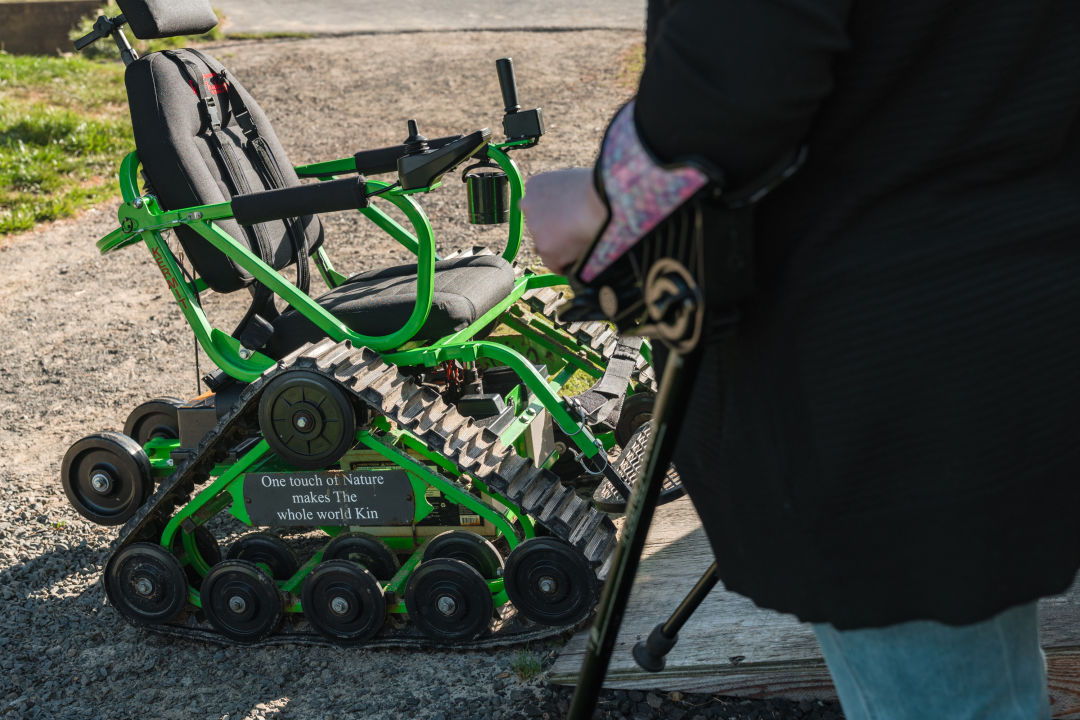
“Kermit” has become a favorite chair of Jim Novitsky.
In Florence, volunteers Phoenix and Paul Plough welcome David’s Chair users. Once they unlock a Tuff Shed behind Driftwood Shores Resort and test that the chair is working, they send people on their way for two hours. Phoenix says families come back with huge smiles.
“I know what it feels like to have so much taken away when you become disabled,” says Phoenix, who started having mobility challenges more than two years ago. (Paul is a disabled veteran.) “A little bit of time out of my week is worth it to give someone else that joy.”
When it comes to accessible and inclusive outdoor recreation destinations, there are few options aside from the coast, the Novitskys say. Beyond the obvious advantage of the beach—flat and wide open as opposed to, say, a rocky trail—coastal communities have made serious investments in accessible and inclusive infrastructure, with funding from Oregon Parks and Recreation and other government and community donors.
In Lincoln City, which has gone all in on improvements, visitors with colorblindness can borrow special glasses that brighten the blue hues of the ocean. At the city’s SW 51st Street beach access point, wheelchair and walker users—even stroller pushers—will find non-slip walkways called Mobi-Mats that make it easier to get on the sand. Within town, construction is underway on a playground that will integrate nonverbal communication boards and gently sloped paths for people of differing abilities and sensitivities.
On a recent visit to Lincoln City with his family, West Livaudais, who survived a spinal cord injury in 2013 and is now executive director of the Oregon Spinal Cord Injury Connection, was delighted to rent a beach wheelchair with supersize tires. His wife pushed him down a Mobi-Mat as he held his 18-month-old on his lap and showed his 4-year-old how to fly a kite.
“We got to enjoy some magic,” Livaudais says. Unlike on past visits, he didn’t have to wait in the parking lot while his family enjoyed themselves on the sand. “We have photos, videos, and memories of that moment because Lincoln City decided to make an investment.”
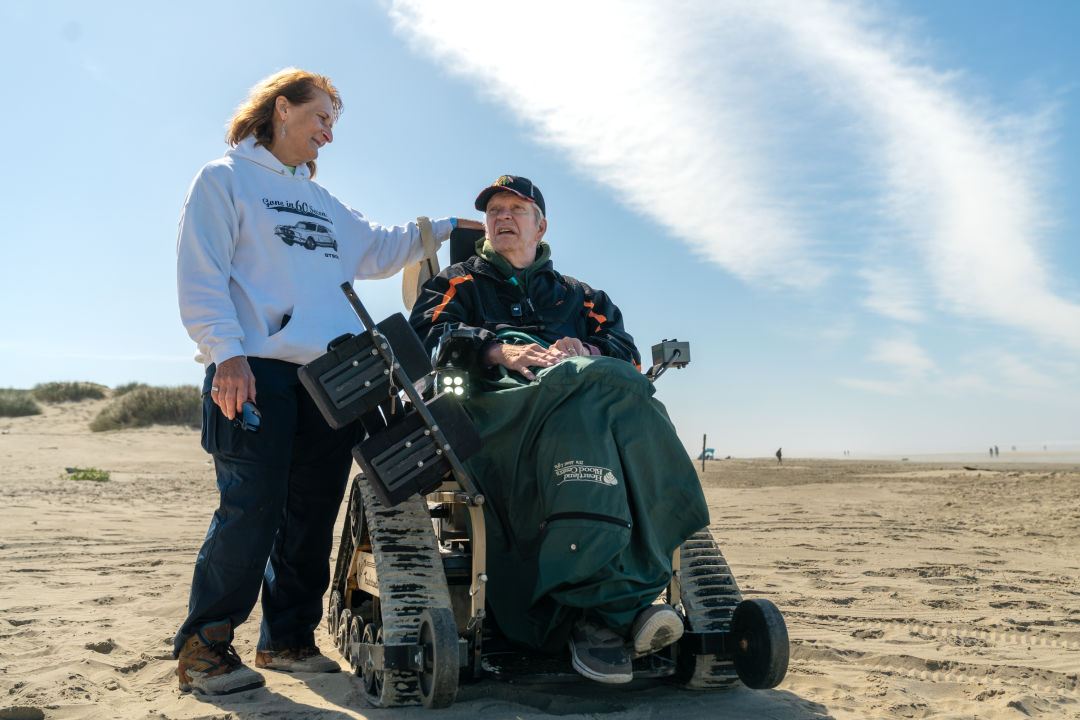
The Novitskys used to hike every weekend, before Jim was diagnosed with a rare neurological disease. Now, they’re able to visit spaces that were previously inaccessible to Jim.
Share this content:


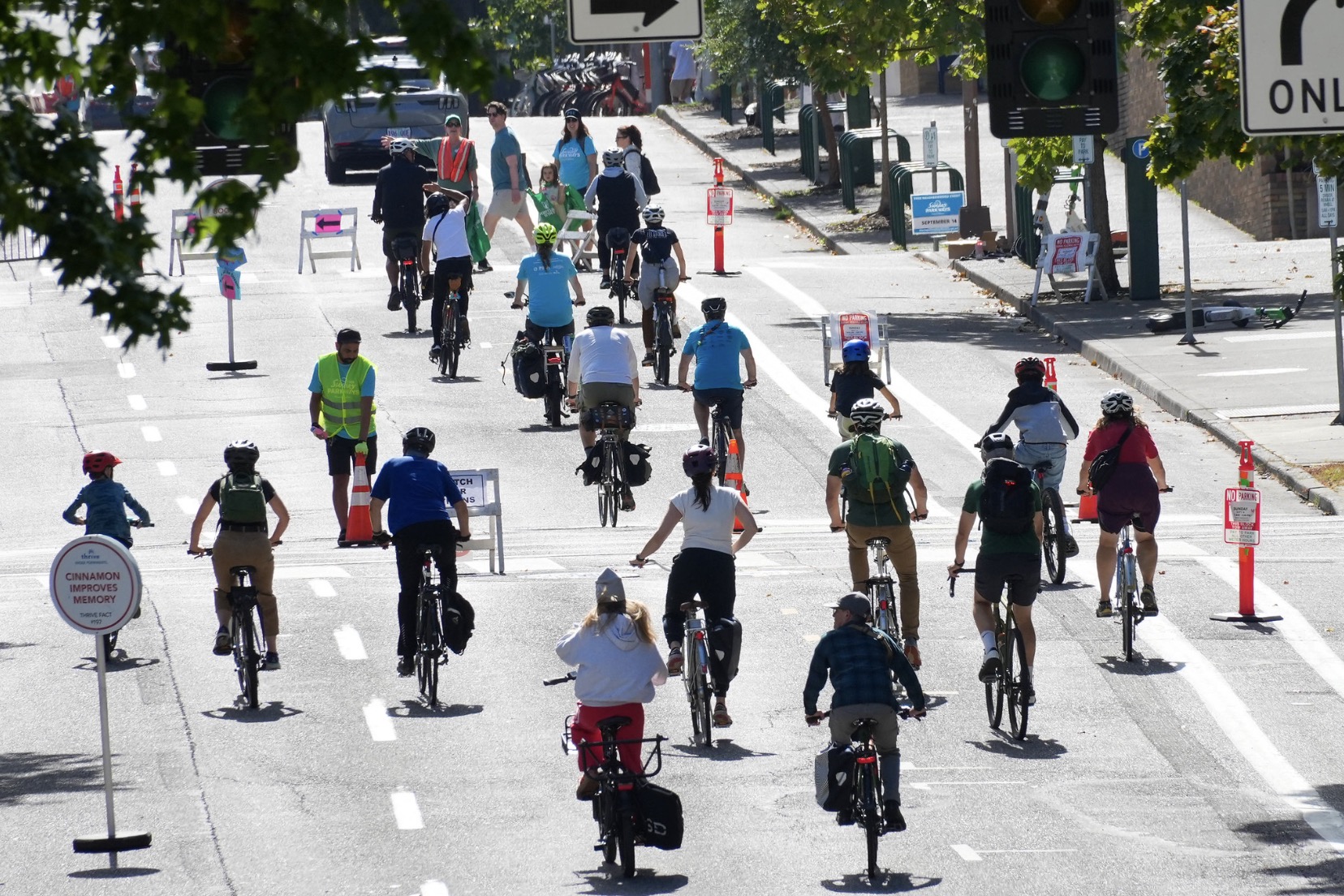
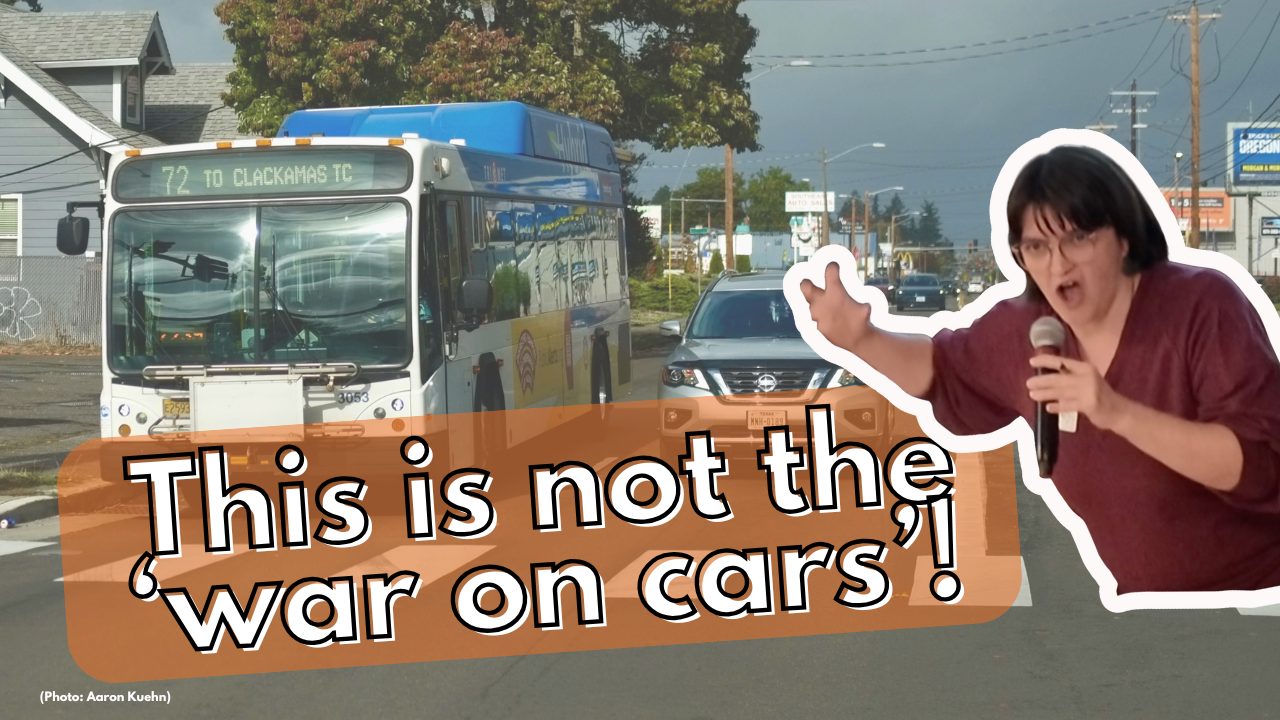
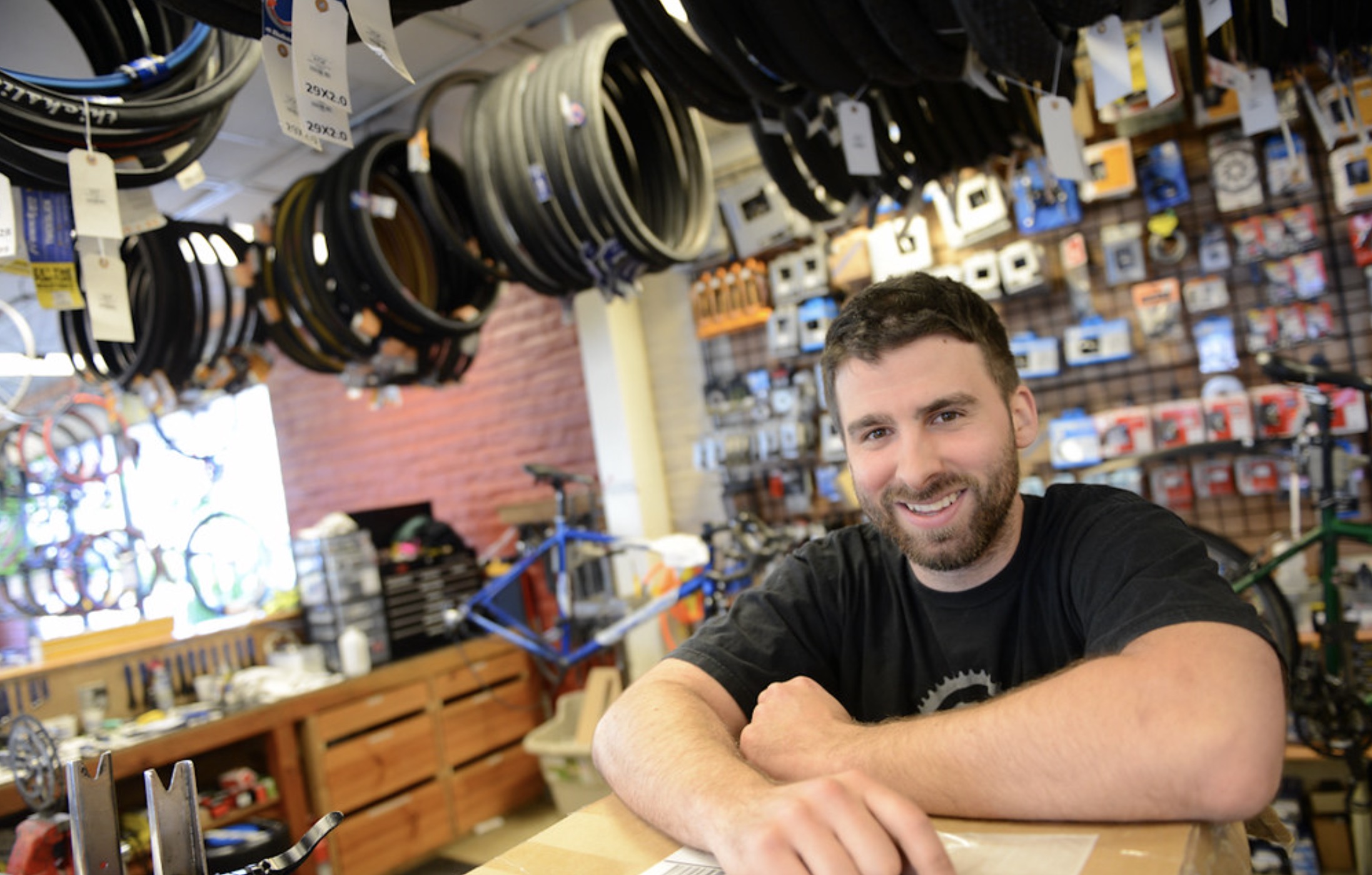
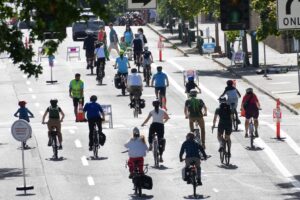
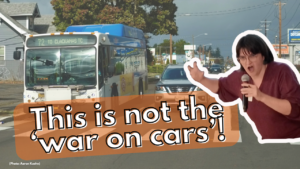
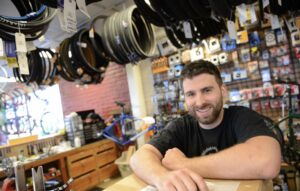



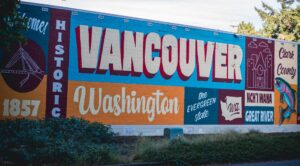
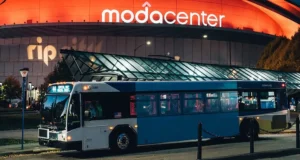


Post Comment